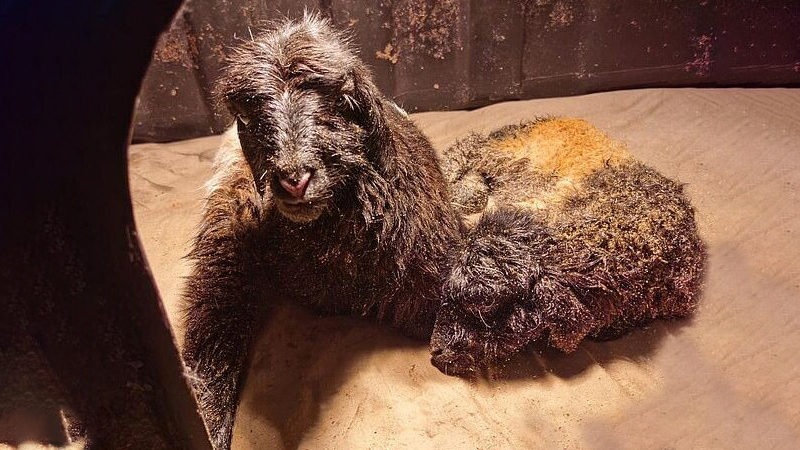China has successfully cloned the first Tibetan goats using a technique similar to the one that brought us Dolly the sheep in 1997. The announcement, made by China Central Television, shared that the first cloned goat, a healthy 7.4-pound baby, was born through the transfer of an adult cell nucleus into a new egg cell. This cloning method ensures that the baby goat has 100% of the donor’s DNA and none from the surrogate mother.
Led by scientist Su Jianmin from Northwest Agriculture and Forestry University, the team aims to “restore and preserve” genetic material from exceptional individuals, especially prize-winning male goats crucial for breeding. The goal is to boost the breeding industry, increase farmers’ income, and maximize genetic resources. Future plans involve cloning goats with the highest wool production.
This achievement, taking place in Qinghai Province, echoes China’s previous success in cloning a monkey, raising ethical concerns despite its potential in medical research. The scientists emphasize that cloning humans would be unethical, acknowledging the ethical and moral considerations associated with such practices. The breakthrough opens new possibilities for agriculture and genetic preservation.











Leave a Reply